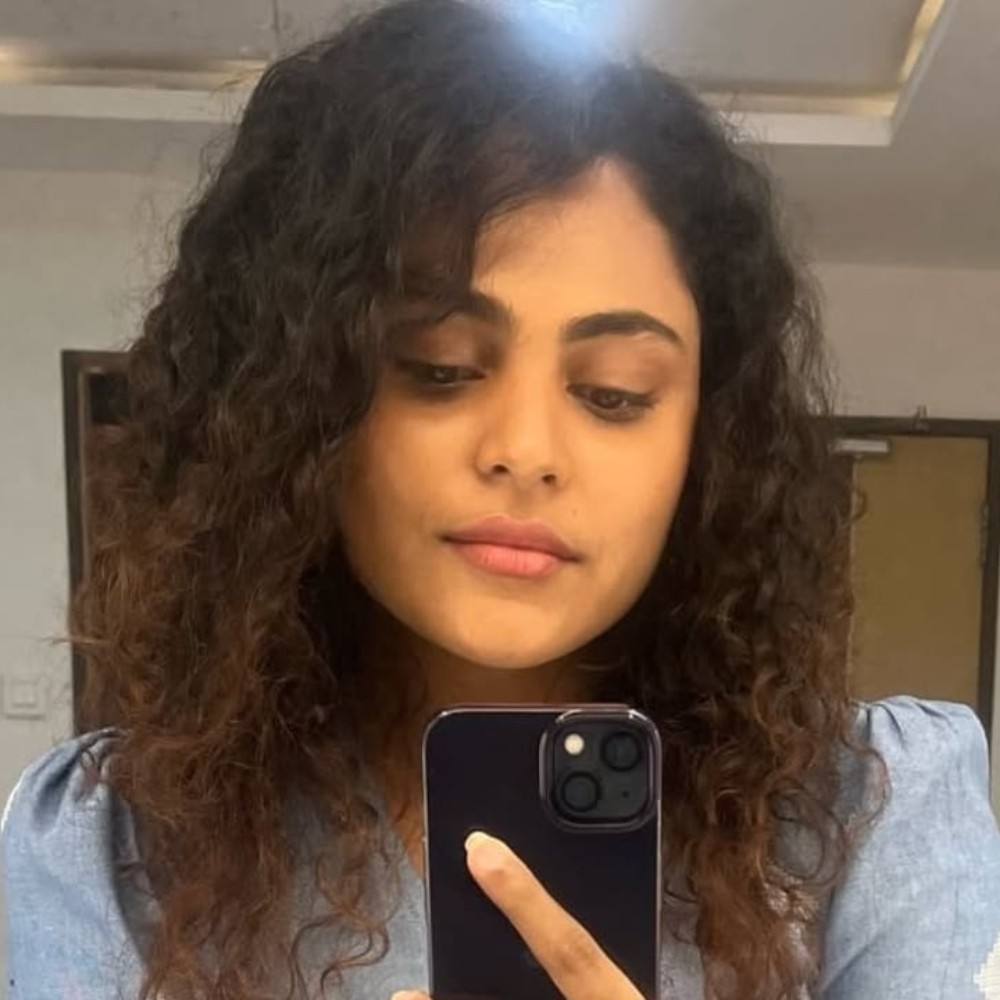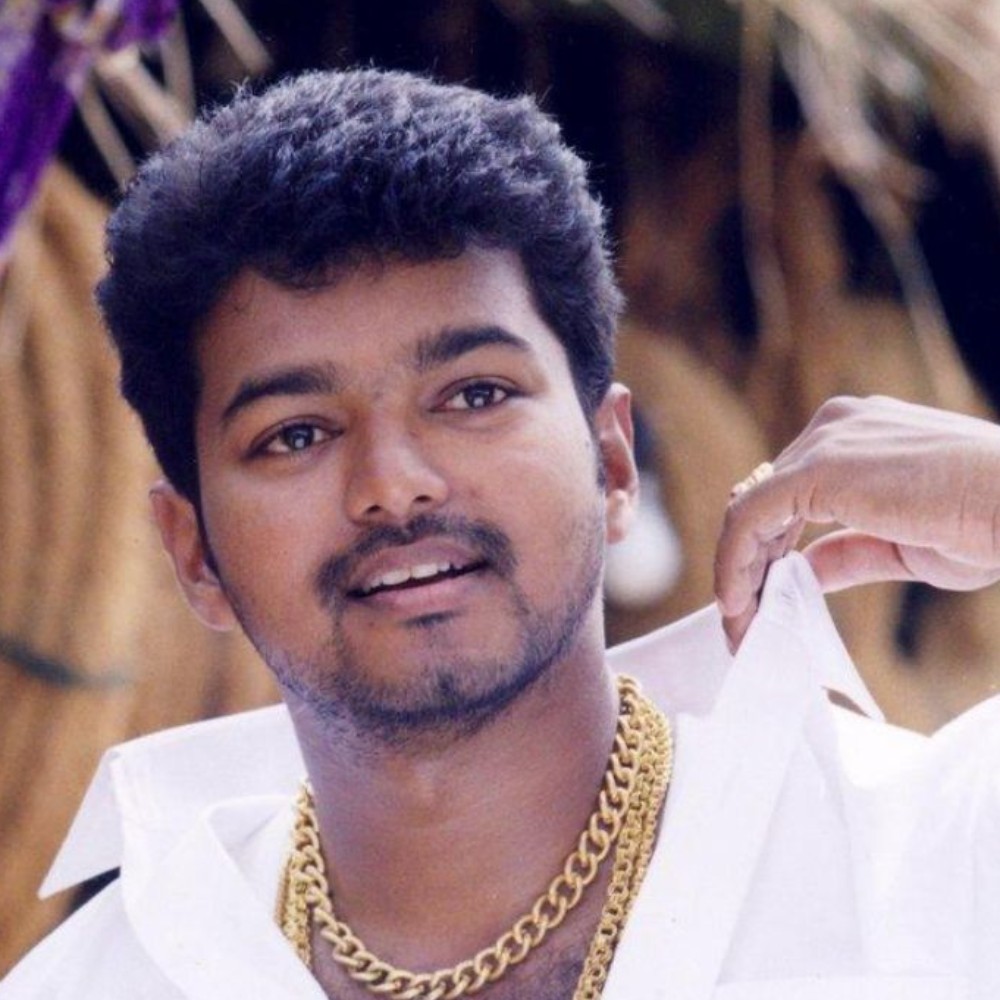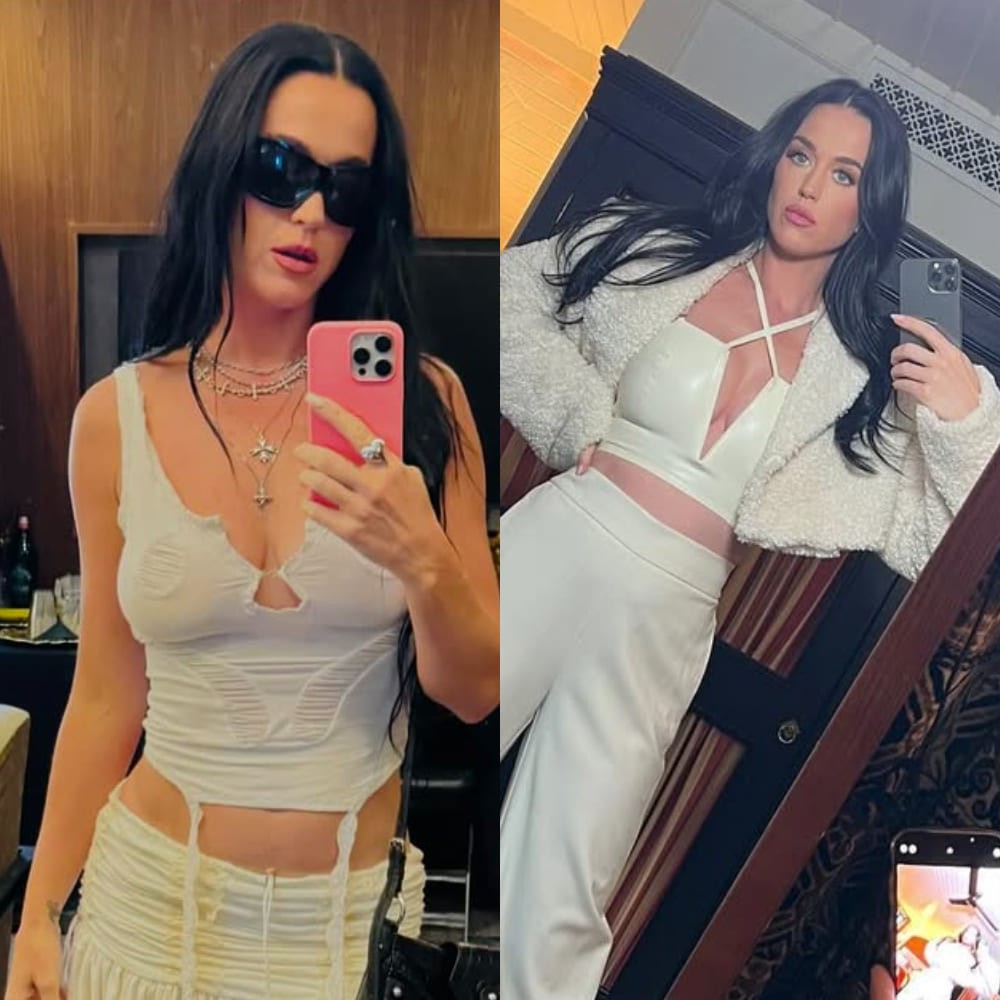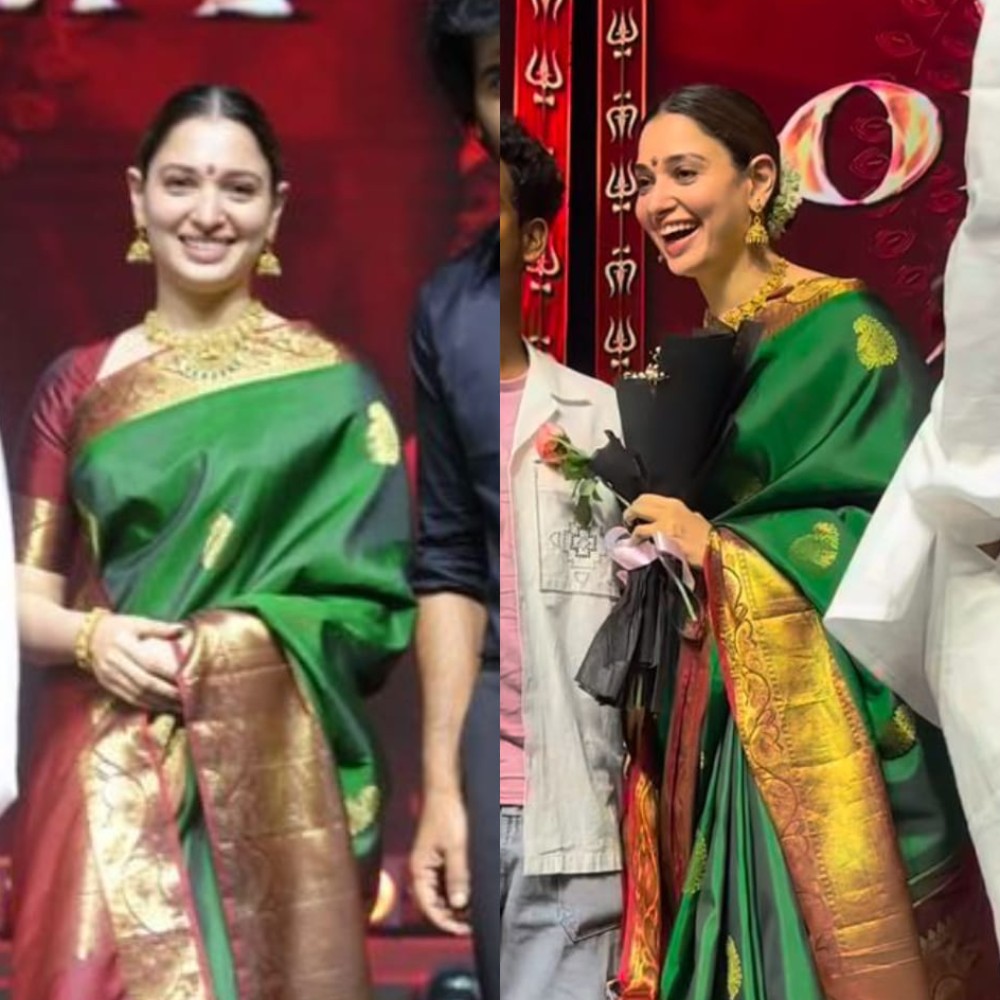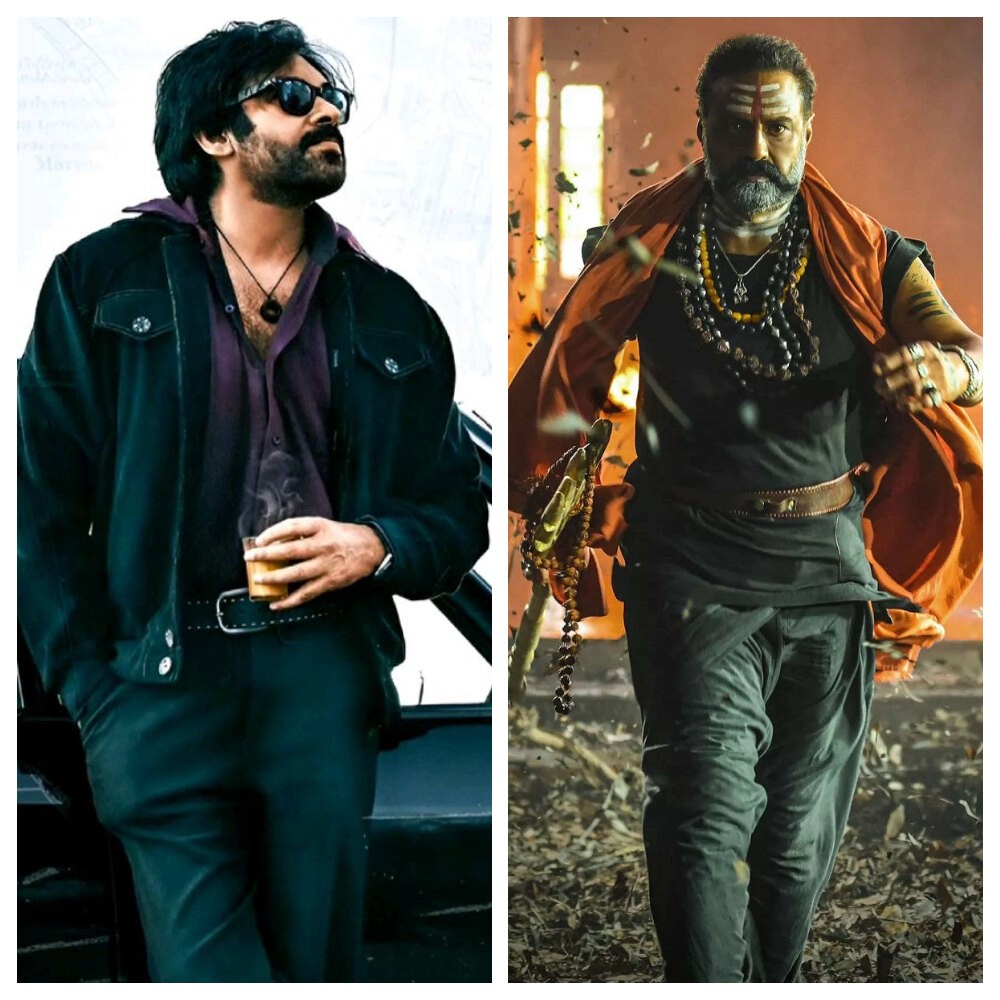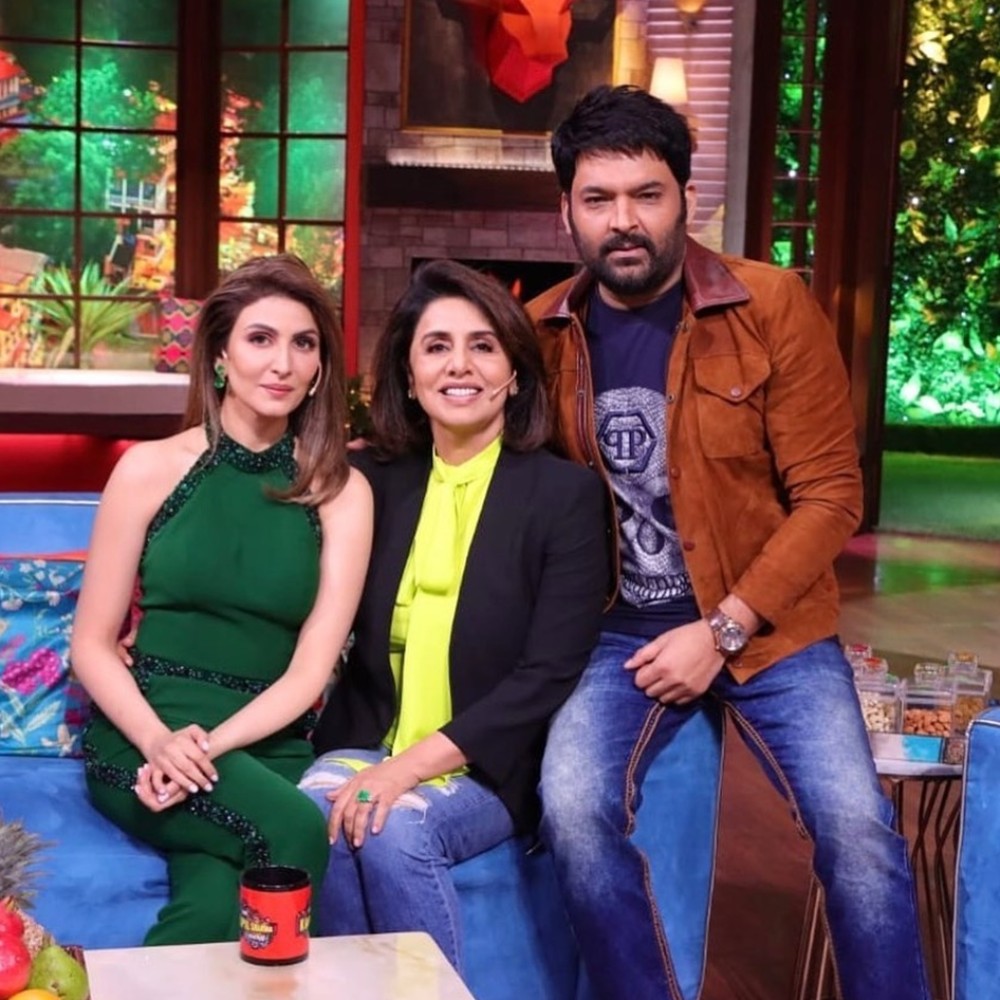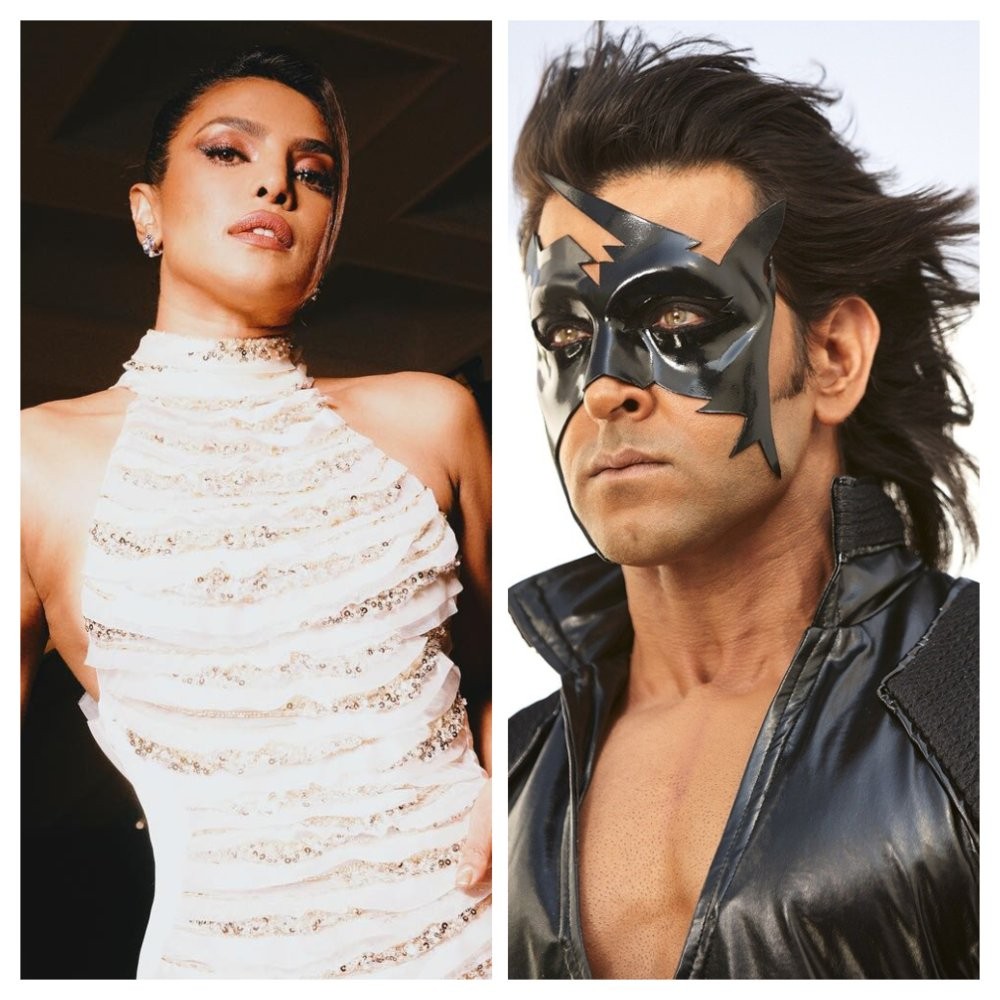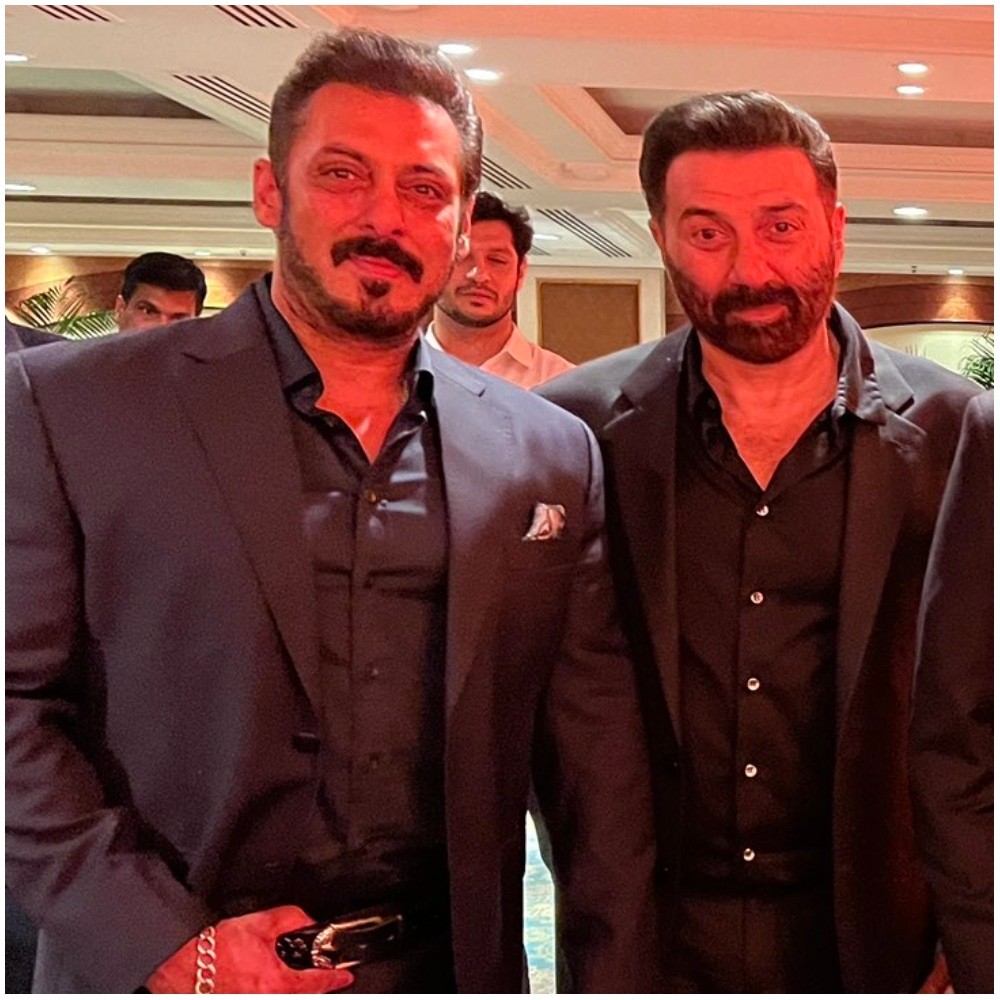Actor Fees: How much do Akshay Kumar, Ranveer Singh, Salman Khan, Shah Rukh Khan & others charge per film?
Talking to various sources from the industry, we have compiled a list of what actors like Akshay Kumar, Salman Khan, Ranveer Singh, Hrithik Roshan, Shah Rukh Khan among others charge to act in a feature film. Read details

Bollywood is touted to be among the biggest film industries of the world with multiple actors more often than not finding a place in the list of highest earning influential personalities. Ample has been spoken about time and again around the hike in their acting fees. Talking to various sources from the industry, we have compiled a list of what actors charge to act in a feature film in today’s time. While some take upfront fees to be a part of the project, some opt for a profit-sharing deal to reduce the burden of recovery.
Akshay Kumar is among the actors who juggles between profit sharing and upfront fees. The actor has charged Rs 135 crore for his soon to be released Cinderella, thereby becoming the highest paid actor in Hindi cinema. He has replicated the same fees for Bade Miyan Chote Miyan as well, continuing with his golden run. However, for some relatively smaller films and home productions, the actor has adopted a hybrid model i.e. charging a minimum amount as acting fees and then entering the profit sharing agreement in the ratio of 40 to 50 percent share in the profits. This is a deal that he has cracked with Karan Johar as also some of his other partners for films that he is also actively producing. The acting fees of Akshay Kumar rose like a phoenix over the last 3 years, in the pandemic times, to emerge the highest paid.

The actor had come on board Sooryavanshi for a sum of Rs 70 crore, followed by approximately Rs 90 crore for Bachchan Pandey. It was Bell Bottom that fetched him Rs 117 crore, a hike of 27 crore over Bachchan Pandey and since then it has just been an upward journey. The reason for Akshay Kumar to get such huge fees are the revenues from satellite and digital, as Khiladi’s films tend to do well on both platforms. On an average, the recovery from these two mediums for Akshay is in the 3-digit range.
Talking of Salman Khan, he is also among the top paid actors of the country today. He was the first Indian star to get a salary of Rs 100 crore plus on a feature film, way back in 2016 with Sultan and repeated the feat by becoming the first actor to get Rs 130 crore as acting fees in 2017 with Tiger Zinda Hai. For both the YRF productions, the actor had got into a profit-sharing deal getting 60 to 70% of the total profits. Post Tiger Zinda Hai, it has all been home productions for Salman, which means he used to take home all of satellite and digital revenue as his acting fees. Bharat fetched him a sum of Rs 120 crore (Digital: Rs 80 crore, Satellite: Rs 40 crore), ditto for Dabangg 3. Before Sooryavanshi, Bharat and Dabangg 3 held the record for maximum non-theatrical recovery. Radhe opted for a digital release, and being a home production, one isn’t aware about the exact revenue that he fetched, but it was approximately 70 to 75 percent of the total revenues with the rest being shared by Sohail Khan and Atul Agnihotri. Basically, Salman functions with three deals - Profit Sharing for YRF, satellite + digital revenue alongside a share in profit for home productions and finally, an upfront model of taking home satellite and digital share as fees for non YRF films like TIPS, NGE etc. With a profit sharing deal, if Tiger 3 performs as well as expected, Salman would be the star to have fetched highest remuneration for a feature film amongst the Indian actors.

Shah Rukh Khan is one actor alongside Aamir Khan, who have given up on charging upfront acting fees for a long time. Both the Khan’s have adopted the profit sharing model since the start of last decade. Their deal is simple and clear – while Shah Rukh Khan has been getting 60 percent of profit as his acting fees, Aamir has taken things a notch higher with a 75 percent share in profit. Mr. Perfection’s funda is clear – he isn’t just an actor, but also an artist who gives inputs in the script too, which calls for a bigger share. He got an elephant’s share in Dhoom 3, and Dangal, but the income was below the mark in Thugs of Hindostan. Same for SRK, who got a lions share in Chennai Express, but there wasn’t much to gain in Zero. The fees of both these giants vary as per the revenues of films from all sources – right from satellite, digital to theatrical. Hrithik Roshan also has been following the profit sharing route for most of his films, though there have been instances where he has taken upfront fees and also opted for a hybrid model. It’s variable, but the industry buzz suggests that he had opted for a 50 to 55 percent profit model for his last two releases – Super 30 and War. Ranbir Kapoor has got around 65 to 70 crores for Animal, whereas Ranveer Singh too has upped his stakes by charging upwards of Rs 50 crore for Cirkus and Shankar’s untitled film. Varun Dhawan is keeping it slow and we hear, he is also contemplating to switch to the profit-sharing model soon. John Abraham’s acting fees have gone up 3-fold over the pandemic, from Rs 7 crore in Satyameva Jayate to Rs 21 crore for its sequel. Shahid on the other hand charged Rs 31 crore for Jersey. Tiger Shroff, on the other hand, who was riding slow with acting fees in the range of Rs 25 to 30 crore, has got seen a massive jump due to producer Vashu Bhagnani, who paid him Rs 35 crore to 40 crore for Ganapath, and close to Rs 50 crore for Bade Miyan Chote Miyan,
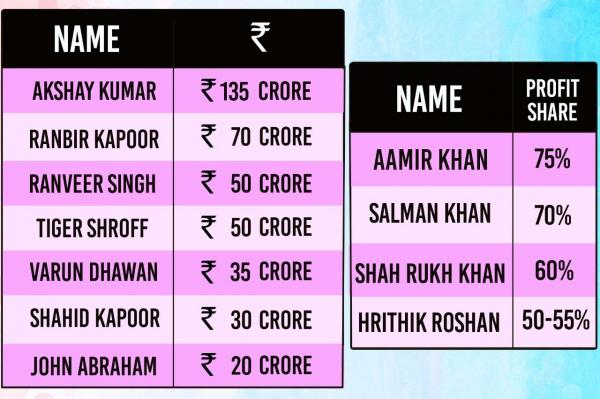
There’s Ajay Devgn too, but one isn’t sure on the mode he operates on, as it keeps varying from film-to-film basis. Devgn at times opts for hybrid models, while it’s profit sharing for the rest. However, he did fetch a 3-digit number for his digital debut, Rudra. An insider informs that AJ’s deal is usually hybrid by charging Rs 35 to 40 crore as upfront fees, with the remaining being a profit sharing agreement in the ratio of 50:50.
NOTE: The figures are compiled from our industry sources and the actuals may vary.
ALSO READ: Amazon Great Republic Day Sale 2022: Grab the best deals before it is too late.





 JOIN OUR WHATSAPP CHANNEL
JOIN OUR WHATSAPP CHANNEL
